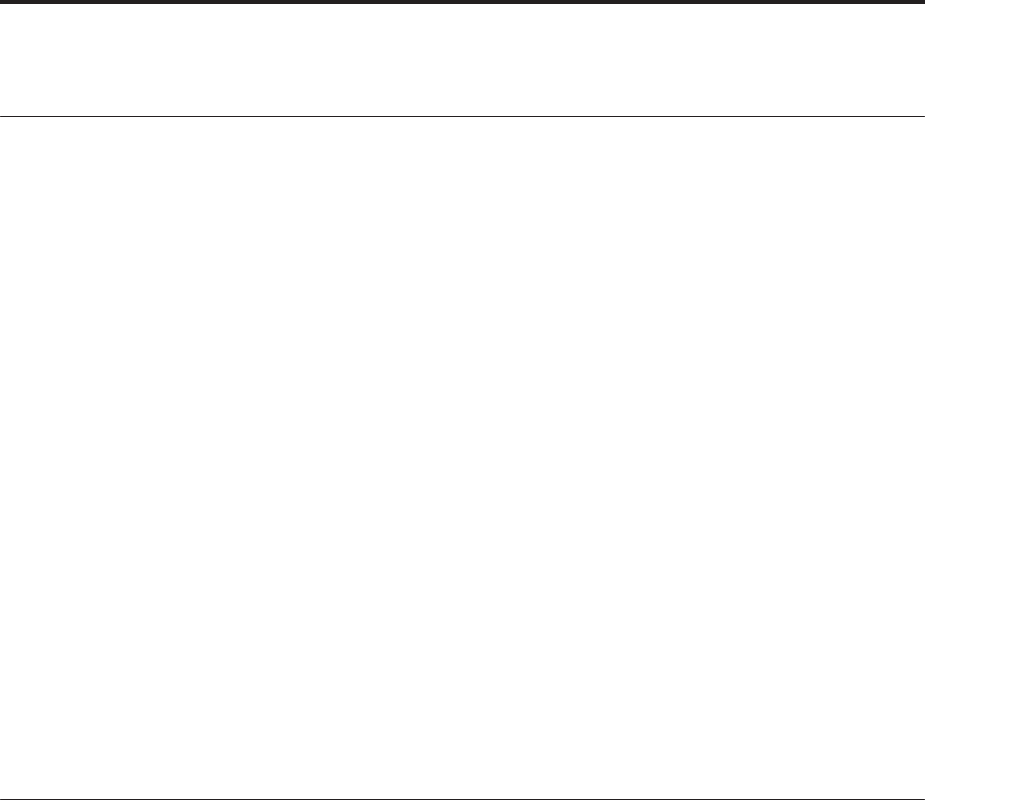
Repeat (Melodic Repeat) Group Overview
939
Repeat (Melodic Repeat) Group
Overview
Melodic Repeat allows any note to be repeated in a
delay-like fashion, with many additional features and
enhancements. When the GE Type is one of the
“Generated” types (i.e. 0: Generated - Riff), the notes as
they are generated may each start sequences of
repeating notes. When the GE Type is 3: Real-Time, the
actual input notes may each start sequences of
repeating notes.
Based on a familiar technique know as “MIDI Delay,”
MIDI notes are repeated at certain time intervals while
their velocities decrease, thus imitating the effect of
delay in an external effects processor. However, as
typically implemented, this causes severe polyphony
problems, and the creative options are few. In
KARMA, many sophisticated enhancements and
improvements have been added, including:
• Slow down the Master Tempo and the repeated
notes can remain in time with the original notes.
• Use a Tempo envelope to create drastic
accelerandos and ritards and then lock the repeated
notes to the envelope.
• Use a Repeat Time envelope to modulate the time
between each repeat, for unique rhythmic effects.
• Unique “Duration Modes” not only save
polyphony, but create interesting performance
options.
• Delayed pitches may be transposed and
melodically shifted using Chord Recognition.
• Transposed notes may be rebounded or wrapped
around within a range. The range may be an
absolute range, or a “sliding” range that tracks the
input notes.
• Only notes within a certain velocity range can
trigger repeated notes, while others will not.
• The Rhythm Patterns, Index Patterns, Velocity
Patterns, etc. may be used to control when and how
the repeated notes are generated.
When the “GE Type” (☞p.897) is one of the Generated
types (i.e. 0: Generated-Riff), the notes as they are
generated may each start strings of repeating notes.
When the “GE Type” is 3: Real-Time, the actual input
notes may each start strings of repeating notes.
Repeats can not be generated when “GE Type” = 1:
Generated-Gated and “Gate Type” (☞p.897) is one of
the CC Types, since notes are not actually generated in
this mode, but a sustained set of notes is manipulated
by a selected CC, i.e. “chopped” by CC #11
(Expression).
General Parameters
Rhythm [0…25]
Sets the rhythm (repeat time) for each repeated note
(16th note, dotted 16th, etc.). All rhythms chosen here
lock to the Global Tempo, or to the Tempo Envelope if
“Tempo Env. Lock” is on, described below.
0: None
The repeated notes are put out simultaneously with
the generated/input notes, without any delay. This can
be used to generate clusters of notes, while using
Repeat “Transpose” (☞p.41) to change the pitch
intervals between them, for creating harmonies and
other effects.
1…24: Note Values
Selects a rhythmic value to use for each repeated note
(16th note, dotted 16th, etc.) When one of these Note
Values is chosen, the same rhythmic value is used for
each repeated note.
25: Pattern
The Rhythm Pattern in the Rhythm Group is used), so
that repeated notes can have different rhythms.
Straight Rhythms [0…11]
Selects a setting for the “Rhythm Value” parameter
from a subset of the entire range. The subset consists of
the straight values (no triplets or dotted values) along
with 0: None and 11: Rhythm Pattern. This is used to
provide real-time control of the “Rhythm Value”
parameter while excluding certain of the in-between
values.
0: None (Instant) 10: 8th triplet 20: Whole
1: 64th triplet 11: 8th 21: Whole Dotted
2: 64th 12: 8th Dotted 22: 2 bars
3: 64th Dotted 13: Quarter triplet 23: 3 bars
4: 32th triplet 14: Quarter 24: 4 bars
5: 32th 15: Quarter Dotted 25: Pattern
6: 32th Dotted 16: Half triplet
7: 16th triplet 17: Half
8: 16th 18: Half Dotted
9: 16th Dotted 19: Whole triplet
0: None (Instant) 4: 8th 8: 2 Wholes
1: 64th 5: Quarter 9: 3 Wholes
2: 32nd 6: Half 10: 4 Wholes
3: 16th 7: Whole 11:
Rhythm Pattern


















